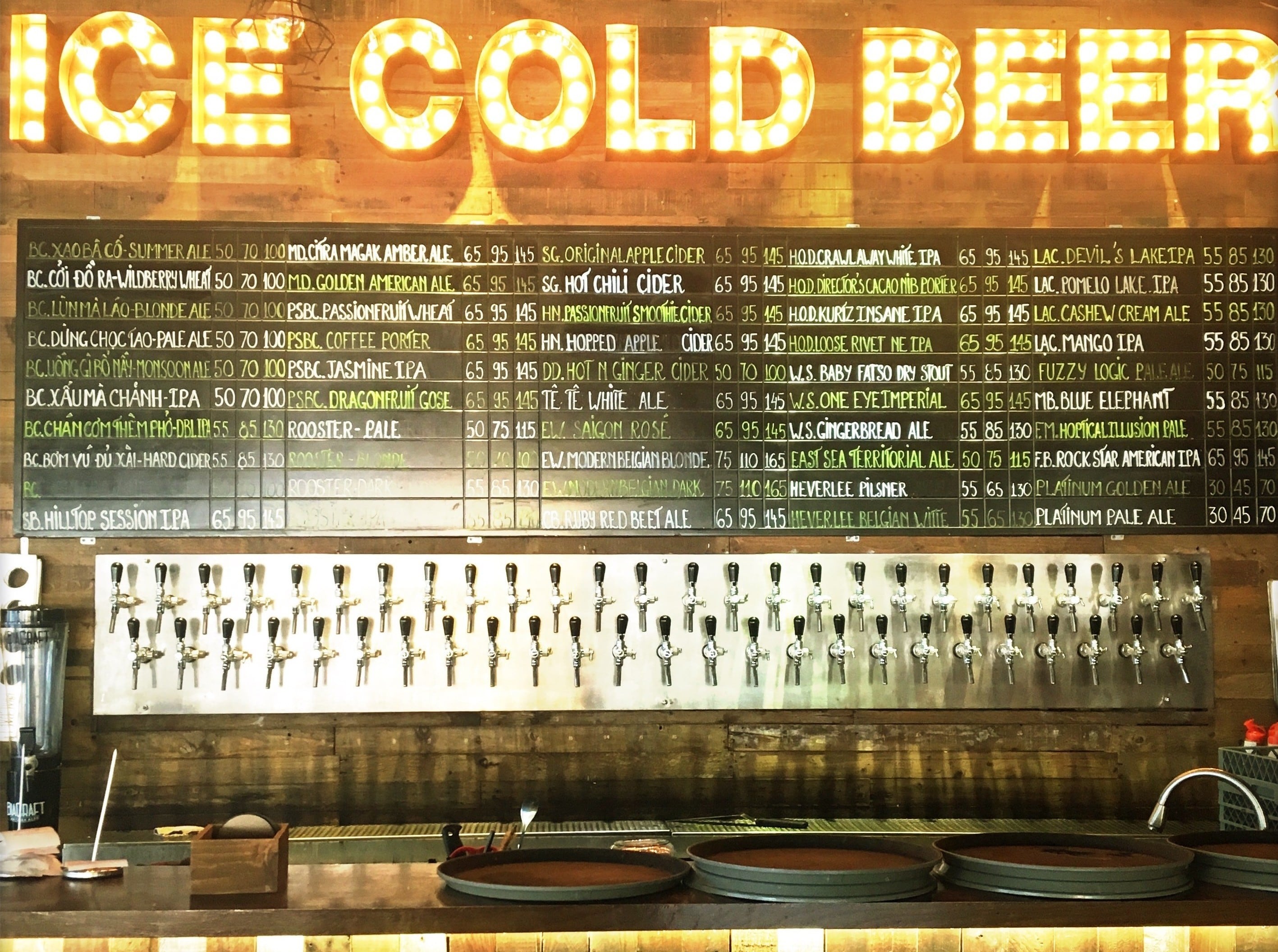The move would allow craft brewers to be more innovative, he argues, and reflect the evolution of the category.
Essentially the Brewers Association is looking at changing the definition of a ‘craft brewer’ from a brewery that is ‘small, independent and traditional’ to one that is ‘small and independent’, removing or revising the traditional part of the equation.
'We don't want to limit our member breweries from being innovative'
The US is one of the few countries to attempt to define ‘craft’ – more specifically by defining a craft brewer - but says the way the market is evolving requires the definition to evolve with it.
The current definition of an American craft brewer is one that is small (annual production of 6 million barrels of beer or less); independent (less than 25% of the brewery is owned or controlled by a beverage alcohol industry member which is not itself a craft brewer) and traditional (“a brewer that has a majority of its total beverage alcohol volume in beers whose flavors derive from traditional or innovative brewing ingredients and their fermentation").
The three pillars have been in place since 2006 and are important for the Brewers Association – ‘it lets us know who is it we represent on a day-to-day basis’ - says Pease.
While the first two components are clear and objective, it’s the more subjective ‘traditional’ part of the equation that is up for debate, and it’s this part that the Brewers Association proposes revising or removing.
“The reason and thought process behind that is that innovation is a hallmark of independent craft brewing in the US – it’s one of the calling cards,” Pease told this publication at Brau Beviale in Germany last week.
“Innovation and traditional, at times, can be in conflict. We don’t want to limit our member breweries from being innovative, coming up with new products, and being able to compete in the domestic and global marketplace.”
US brewers are increasingly turning to products such as hard sodas and hard seltzers; and in future years – if legislation allows – the BA expects to see a number of brewers look to the use of CBD oil or cannabis.
“We don’t want to constrain our members from exploring beverages in those areas – and then not be able to meet the definition of craft brewer,” he added.
Big craft vs small craft?
The BA’s proposals – which were communicated to members at the end of last month – were met by a certain amount of consternation by some craft brewers, who felt that the change could signal a move away from core beer products and bow down to the demands of larger craft brewers who are increasingly turning to other products (the move would mean larger craft brewer Boston Beer Company - producer of Sam Adams but also a number of other products - could keep its craft beer status).
But on reflection Mark Meckler and Sam Holloway of Crafting a Strategy - a global online learning community for craft brewers – said the definition revamp reflects a changing industry.
“With a week to cool off and try to reconcile how our former beacon of hope, the Brewers Association, could seemingly turn on us in favour of only the largest craft breweries we came to a sobering realisation: The Brewers Association is doing the right thing,” they wrote on their blog.
“They’ve grown up, the industry has grown up, and the problems the BA needs to concentrate on are more grown up.
“Craft brewery has grown exponentially. Formerly small breweries have turned into regional and national breweries. This has not stopped local micro, nano and pub breweries from entering the market and succeeding. The ‘rising tide floats all boats’ theory offers logic to the argument that the growth has helped everyone.”
The Brewers Association is currently seeking input from its members on the proposed change to the definition.
“Our mission in terms of promoting and protecting small independent craft brewers has never been stronger.”
Bob Pease, BA
A change could take place as early as the end of this month when the BA board of directors meets in Phoenix, Arizona; although the board could chose to instead consider the change at its first meeting of 2019 in February.




